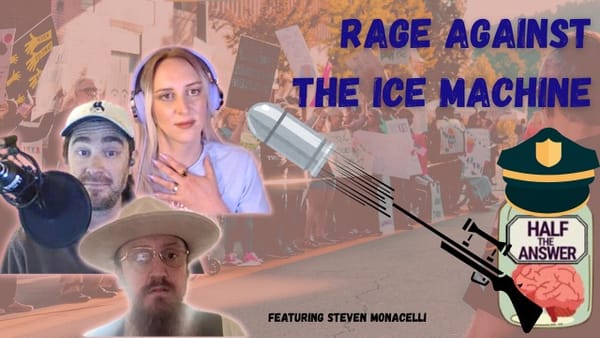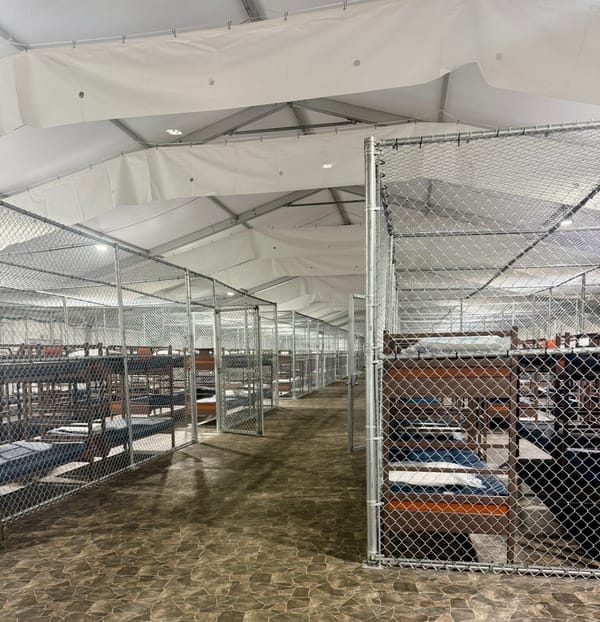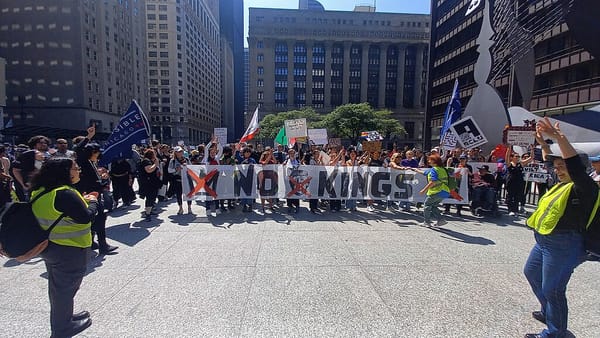What Is America?

What is America? The question has been asked endlessly. And I’m not going to answer it here. Asking “what is America?” is like asking “what is liberalism” or “what is an apple?” On first glance, it seems simple. But then you start asking questions and thinking about all the different avenues one might take in answering it: the chemical makeup of the apple; all the different sizes, shapes, and flavors possible; its genealogy and history; who first discovered the apple and who modified them later on to make them taste like gummy bears; or what apples mean in the context of your life or mine.
I’m inclined to take the easy way out and say America is the whole of whatever anybody says about it, with some restrictions. You can’t say America is the moon, but there are a ton of things you can say about it that would fly. Alasdair MacIntyre once said that a tradition includes arguments about the tradition, and counterarguments to that argument, and counterarguments to that counterargument, and so on, ad infinitum. But can you say America is, by and large, a racist country? Can you say the United States was founded on the principles of freedom and equality, full stop? The debate over the “soul” of America rages on with no end in sight. Every day some new book hot off the press tries to prove what America was in order to show what it is. There is something to the idea that if we can just figure out what we were we might figure out what we are—and then, the most important part of the equation, how to move forward from here. But much of the time it just seems like one group of people yelling at the other, “You’re an alcoholic, don’t you see?!”
Richard Rorty once wrote:
Nobody knows what it would be like to try to be objective when attempting to decide what one’s country really is, what its history really means, any more than when answering the question of who one really is oneself, what one’s individual past really adds up to. We raise questions about our individual or national identity as part of the process of deciding what we will do next, what we will try to become.[1]
Most narratives about what America was or is are political points wearing the mask of historic objectivity. The reason we’ve had a hurricane of scholarship and writing about how America is and always has been a racist, sexist, imperialistic sham is because those people think that doing the work of demystification will lead to better political clarity in the here and now. That we will come to see that just as it was possible to “hear the loudest yelps for liberty among the drivers of negroes,” so too we might be missing things in our current moment, preaching the gospel of freedom and equality from the pulpit of someone else’s back.
The reason defenders of the U.S. and its place in Western Civilization push back so hard against these narratives is that they sincerely believe that freedom and equality are not things we should throw out with the bathwater of how freedom and equality actually played out on the ground—which was a story of unfreedom and inequality for most people throughout most of U.S. history. From this vantage point, it really doesn’t seem like the two sides disagree all that much. One side wants freedom for all but for real this time; the other thinks the Enlightenment dream of equality and freedom for all is a noble pursuit. Perhaps they disagree about the means.
Recently I reread an exchange between Howard Zinn and Sidney Hook on the question, “How democratic is America?” Although the two duked it out in the late 1980s, the issues it addresses—the status of minorities, the distribution of resources, freedom of expression, the role of the citizen in the political process, American history—continue to be debated. Zinn runs through a list of ten questions we ought to ask ourselves:
- To what extent can various people in the society participate in those decisions which affect their lives: decisions in the political process and decisions in the economic structure?
- As a corollary of the above: do people have equal access to the information which they need to make important decisions?
- Are the members of the society equally protected on matters of life and death — in the most literal sense of that phrase?
- Is there equality before the law: police, courts, the judicial process — as well as equality with the law-enforcing institutions, so as to safeguard equally everyone’s person, and his freedom from interference by others and by the government?
- Is there equality in the distribution of available resources: those economic goods necessary for health, life, recreation, leisure, growth?
- Is there equal access to education, to knowledge and training, so as to enable persons in the society to live their lives as fully as possible, to enlarge their range of possibilities?
- Is there freedom of expression on all matters, and equally for all, to communicate with other members of the society?
- Is there freedom for individuality in private life, in sexual relations, family relations, the right of privacy?
- To minimize regulation: do education and the culture in general foster a spirit of cooperation and amity to sustain the above conditions?
- As a final safety feature: is there opportunity to protest, to disobey the laws, when the foregoing objectives are being lost — as a way of restoring them?[2]
Unsurprisingly then, Zinn thinks that if we’re being honest with ourselves, and measuring America up against not our past but an ideal democratic situation, we have to answer in the negative to all of these questions. The refrain is familiar: Man only ever sheds one set of chains to be replaced another, slightly more comfortable set. But, alas, they are still chains.
Hook finds most of this to be nonsense, though no apologist for the status quo. Part of the reason Zinn thinks we ought to answer “no” to these questions is the fact that answering yes, or even a halfhearted “sorta,” he thinks will lead straight to complacency. Even if the logic is fuzzy, it’s not hard to see why he thinks this. Many who proudly flaunt the ideals and accomplishments of Western Civilization and the United States are often found ripping into progressives for trifling with freedom and equality, or for wanting to try and fix what is so clearly not broken. “We are living in the greatest time in all of human history,” we are told with little idea of what we’re supposed to do with this fact, “our poor are much better off. So hush now.” I understand where Zinn is coming from: I, too, refrain from singing the praises of Western Civ too often to people who I know are nearly destined to misinterpret both what I’m saying and where my praise fits in a larger, critical picture. But Hook will have none of this; acknowledging the great strides we’ve made doesn’t lead to complacency but quite the opposite: “it shows that progress is possible, and encourages us to exert our efforts in the same direction if we regard the direction as desirable.”[3]
Hook tries to walk a line many can’t even seem to find these days: the line between an exhausting national self-loathing and a delusional national pride; between drowning in a sea of facts and drowning in a sea of empty principles. The two sides feed off of each other: the more one side points to their respective sources the more the other side points to theirs, be it the sins of the past or the peculiarity (dare I say, exceptionalism) of our American foundations. The result is a stalemate; as MacIntyre says of all traditions, it is a conflict of narratives; the question of American identity, forever to be fought over and to which we now return: Who are we?
[1]Richard Rorty, Achieving Our Country
[2]Sidney Hook, Convictions. Prometheus Books, 1990, 217-218.
[3]Sidney Hook, Convictions.
Featured image is Election Day 1815, by John Lewis Krimmel




